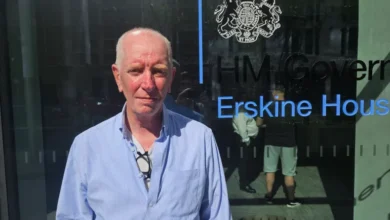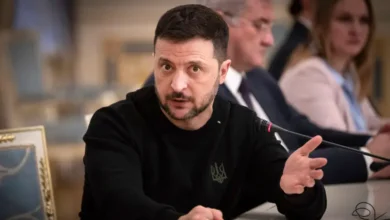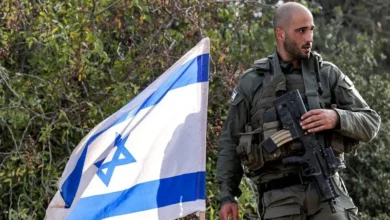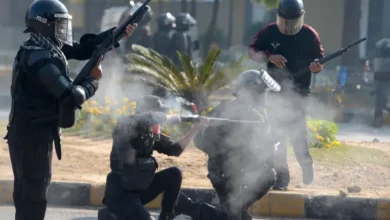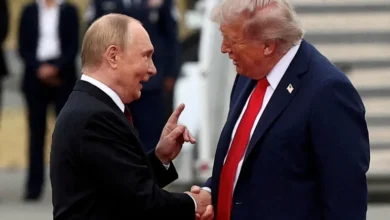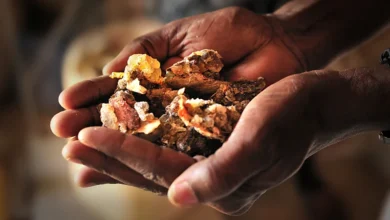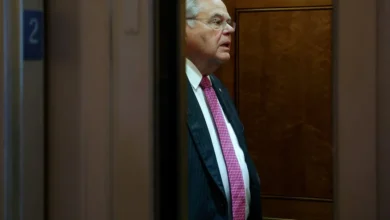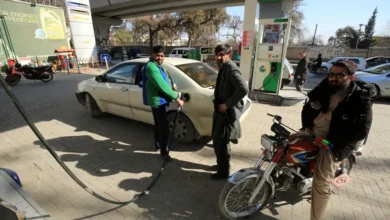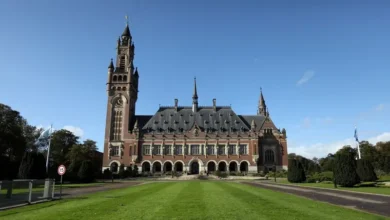At Olympics, India’s top women wrestlers have more at stake than medals
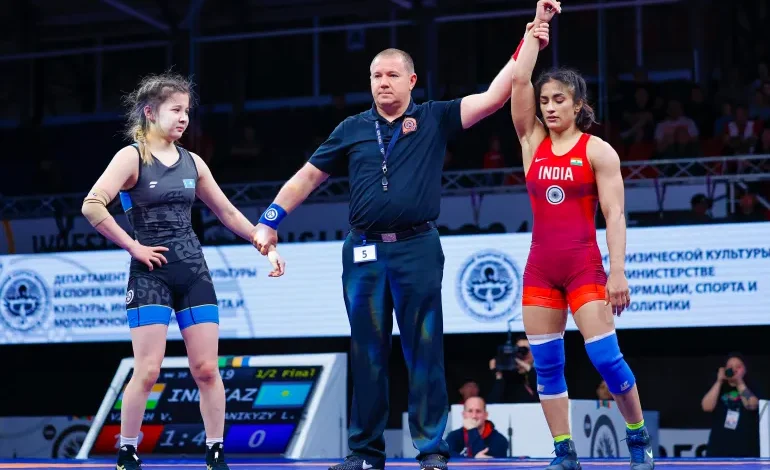
On a hot summer afternoon, a strapping, fit man in his 30s drove his SUV to the outskirts of the crowded city of Rohtak in the northern Indian state of Haryana. Peeling off the main road, he braked at a large white metal gate of a sports stadium. The gate hadn’t been opened in years and the stadium looked empty. It was the only place he felt safe, he said, to meet and talk.
“You can’t use my name, and you can’t use hers,” the man, wearing a loose grey T-shirt, black basketball shorts and slippers, said.
The air conditioning in the SUV was on full blast, but the chill didn’t calm his nerves. He made sure I put away my recorder – the sight of it made him nervous. Then he began narrating a chilling account of one of the most powerful men in Indian sports, accused of sexually abusing young wrestlers for at least a decade.
“When she told me about her sexual harassment, I wept,” the man in the SUV, the guardian of one of the women wrestlers, said while staring down at the car’s floor, suddenly sounding weary.
Different versions of this story had played out on Indian television channels, and the streets of the country’s capital, for months. The victims were many, the man accused of tormenting them the same: Brij Bhushan Sharan Singh, then a politician from Prime Minister Narendra Modi’s ruling Bharatiya Janata Party and the president of the Wrestling Federation of India (WFI).
Yet it didn’t end with the sexual harassment, the man in the SUV told me, even as he kept checking the rear-view mirror and repeating, “I am scared when I drive.”
Singh, he said, is now using his political clout and network of friends, collaborators and lackeys in Indian wrestling and the wider sporting bureaucracy, to harass and intimidate his victims into silence.
“I am scared that I may be killed and her career will be destroyed,” he said.
His words echoed those of India’s top freestyle wrestlers, many of them Olympians and world champions, who began a sit-in protest on a pavement near the Indian Parliament in New Delhi in January last year, demanding that Singh be sacked from the WFI and investigated over allegations that he had sexually harassed female wrestlers since 2012.
They were led by three elite athletes – Vinesh Phogat, considered India’s most successful woman wrestler with three consecutive gold medals at the Commonwealth Games; Bajrang Punia, a bronze medallist at the Tokyo Olympics 2020; and Sakshi Malik, the first Indian female wrestler to win an Olympic medal, in Rio de Janeiro in 2016. They also demanded that the WFI be disbanded and that fresh elections be held to free the federation from Singh’s acolytes – and so, from his influence.
The wrestlers, most of whom were from Haryana, wept in public as they recounted how Singh had, during his 12-year tenure as the WFI chief, allegedly created and encouraged a culture of brazen sexual abuse.
“We fear for our lives. If he [Singh] is not sacked, then the careers of all the young wrestlers who joined the dharna [protest] will be over,” the wrestlers wrote in their letter to the Indian Olympic Association. Vinesh Phogat spoke of receiving “death threats” from WFI officials.
The shocking stories of serial sexual harassment in women’s wrestling – a sport that has consistently boosted India’s medal tally at international tournaments and the Olympics – made headlines across the world. At home, they embarrassed the BJP and PM Modi who had celebrated the wrestlers’ Olympic medals.
Singh denied the charges. “Even if one wrestler comes forward and proves she has been sexually harassed, I will hang myself,” he said.
Three months later seven female wrestlers, including a minor, filed police complaints of sexual harassment, molesting, stalking and criminal intimidation against Singh. Among them was the woman whose guardian was talking to me in the SUV.
A year later, he says, the decision to file a case against Singh feels like an act of “bewakoofi [stupidity]”.
Instead of justice, the complainants and their supporters faced more intimidation, multiple wrestlers and coaches told Al Jazeera. Today, they routinely get threatening calls or offers of large sums of money to dissuade complainants and witnesses from testifying against Singh in court. Wrestling academies are warned against allowing these wrestlers to train.
The child victim has already withdrawn her complaint. Those who continue to take on Singh say they fear that the National Anti-Doping Agency (Nada) will be used to destroy their reputation and careers. Turning back to look at the road to see if someone had followed him, the man in the SUV recalled an anonymous phone call he received last winter.
“The caller said that if the complainant doesn’t back off, ‘Dope mein phasa denge’ [We’ll frame her in a doping case],” he said.
Soon after, Nada officials arrived at the residential wrestling academy where the complainant stays and practises. “We have received orders from the top to conduct your dope test. If you don’t give [blood and urine] samples, Nada will ban you,” they told her, according to a friend of the female wrestler. Her guardian corroborated this account.
A few days later she received a notice from Nada. Traces of a banned substance had been found in her samples.
‘A bad reputation’
Wrestling is arguably India’s most successful Olympic sport today and Haryana is the crucible that churns out the country’s champions.
Of the 21 individual Olympic medals across sports that India has won in 76 years since its independence, six belong to wrestlers from Haryana.
The agrarian state that shares its border with Delhi lives mostly in its villages. It is a deeply patriarchal, conservative society, but also one where, in the late 1990s, young girls grabbed the chance they got to step out of their homes and show their mettle in local tournaments and, eventually, world championships.
